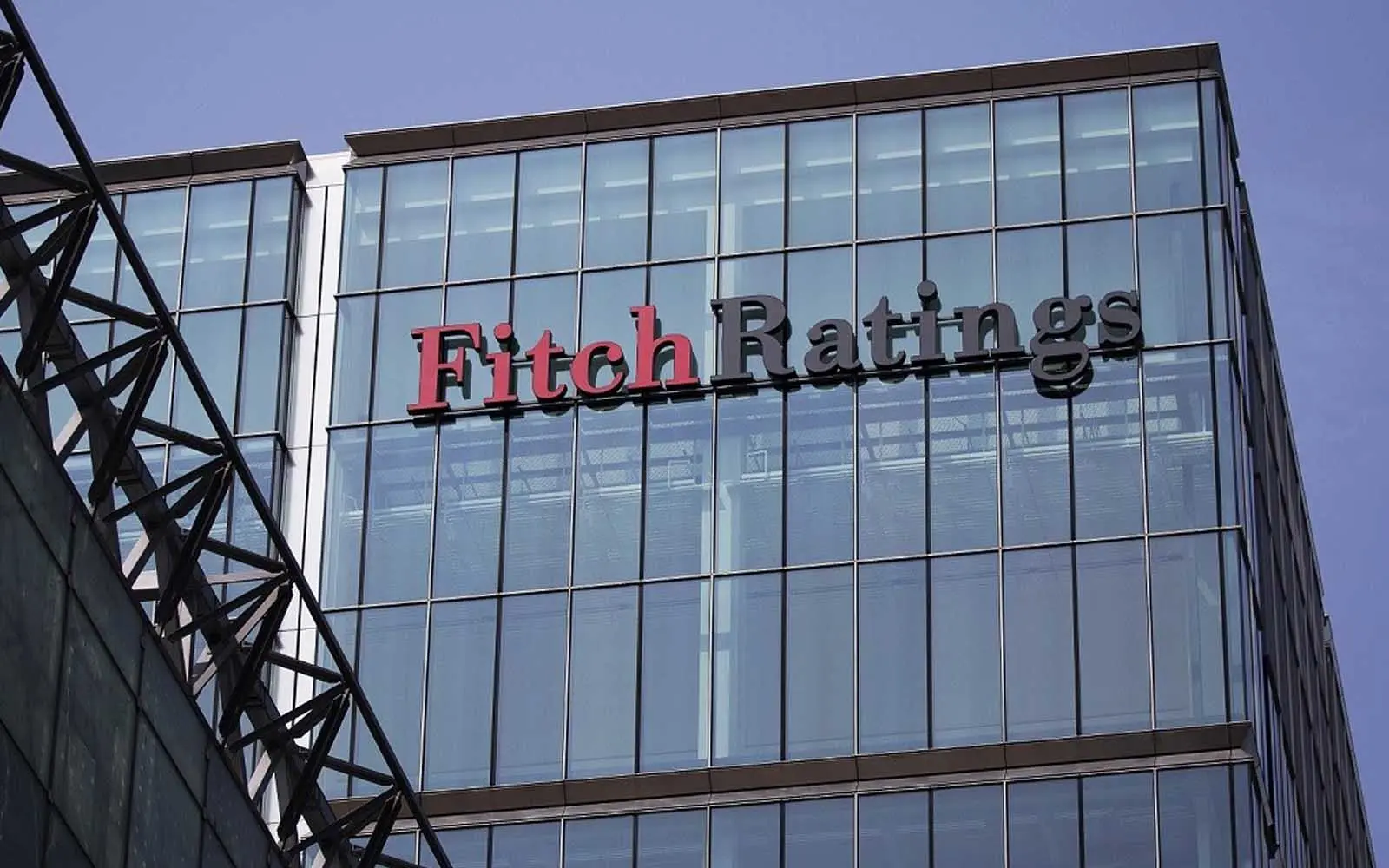Fitch Ratings has upheld Nigeria’s long-term foreign-currency issuer default rating at ‘B-‘ with a stable outlook, citing the ongoing reforms implemented by President Bola Tinubu’s administration.
The agency noted that the pace of reform progress under President Bola Tinubu’s administration, which began in May 2023, has surpassed its earlier expectations.
In June, the government eliminated fuel subsidies, accounting for nearly 2% of GDP in 2022, and streamlined multiple exchange rate windows, resulting in a depreciation of almost 40% in the official investor and exporter rate, albeit with increased volatility in late October.
Fitch acknowledged significant socio-political challenges to implementation, including a rise in inflation that led to some reversals in reforms.
Foreign exchange (FX) shortages continue to affect economic activities and discourage foreign capital. In October, the Central Bank of Nigeria (CBN) removed the ban on supplying FX to import 43 items, with ongoing efforts to address nearly $6.7 billion in outstanding FX forwards.
However, Fitch pointed out a renewed widening of the gap between the official and parallel exchange rates since July, with a premium of over 30% over the official rate. Daily FX turnover at the official exchange rate window fell back to near April 2023 levels, well below pre-pandemic levels, at $95 million in September.
The agency also highlighted the weaker net FX reserve position of the Central Bank of Nigeria (CBN), indicating significant gaps that hinder a reliable assessment.
Fitch mentioned a lack of details regarding a recent government announcement to raise $10 billion in FX, including whether it includes World Bank budget support loans of $1.5 billion.
Fitch forecasts a moderate near-term sovereign external debt service, at $4.3 billion in 2024, equivalent to 10.2% of current external receipts, below the projected 2024 ‘B’ median of 17.7%.
The agency anticipates a partial recovery in oil production, with a modest increase in 2024-2025, averaging 1.81 million barrels per day, facilitated by enhanced onshore surveillance.
Budget deficits are expected to narrow with a projected 1.1% point rise in government revenue in 2023-2025, reaching 8.5% of GDP, helped by increased government efforts to mobilize non-oil tax revenue, including establishing a presidential fiscal and tax reform committee. Nevertheless, this remains one of the lowest ratios among Fitch-rated sovereigns. The budget deficit/GDP is expected to narrow to 5.0% and 4.6% in 2024 and 2025.
Fitch projects general government debt/GDP to stabilize at 43.9% of GDP in 2024-2025, having risen from 35.2% at the end of 2022 due to the depreciation of the naira, and below the projected 2024 ‘B’ median of 54.8%.
Despite lingering macroeconomic challenges, the projection indicates that GDP will decelerate to 2.6% in 2023, down from 3.3% in 2022. However, a rebound with a 3.2% expansion is expected in 2024, driven by the services sector and increased oil production.











